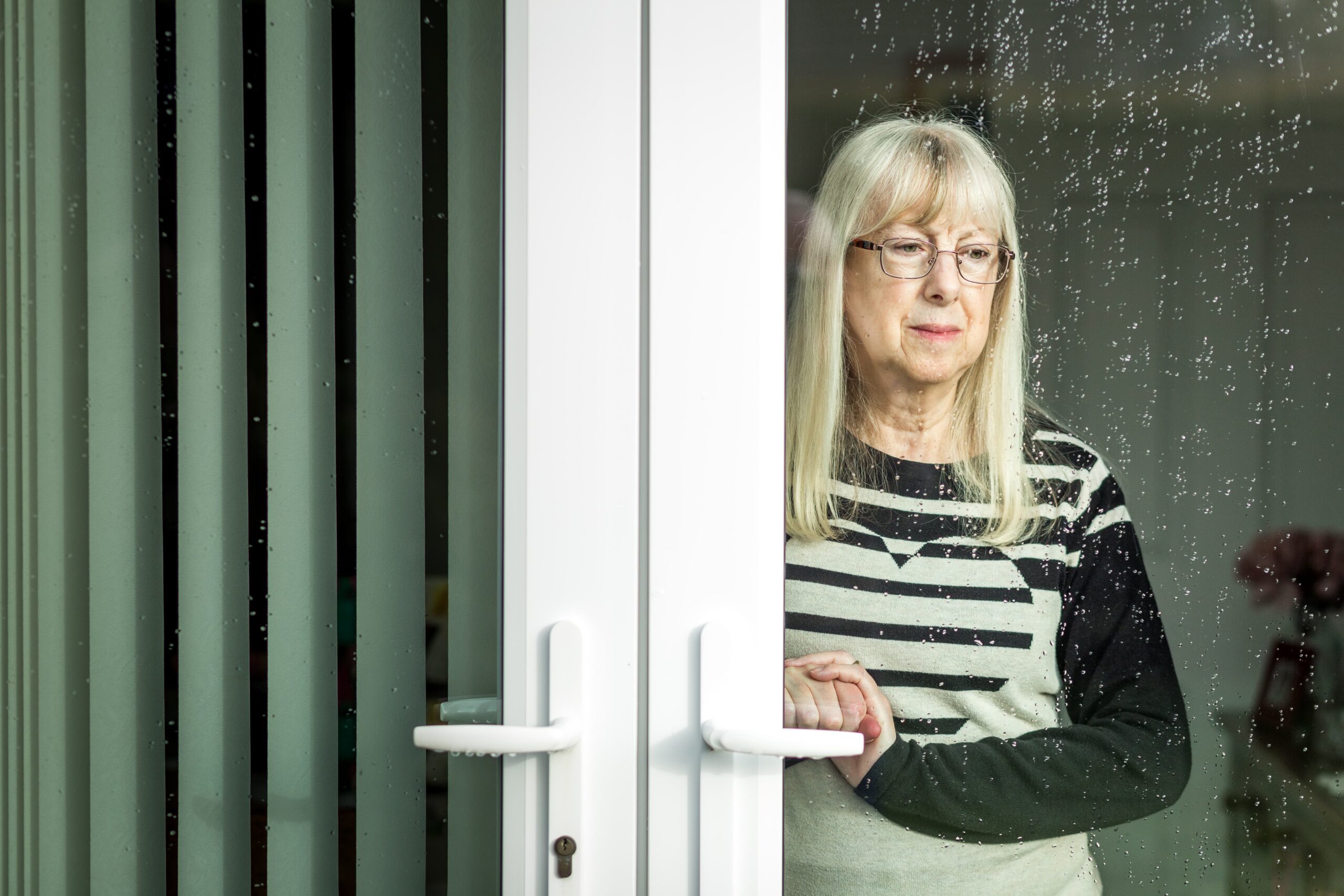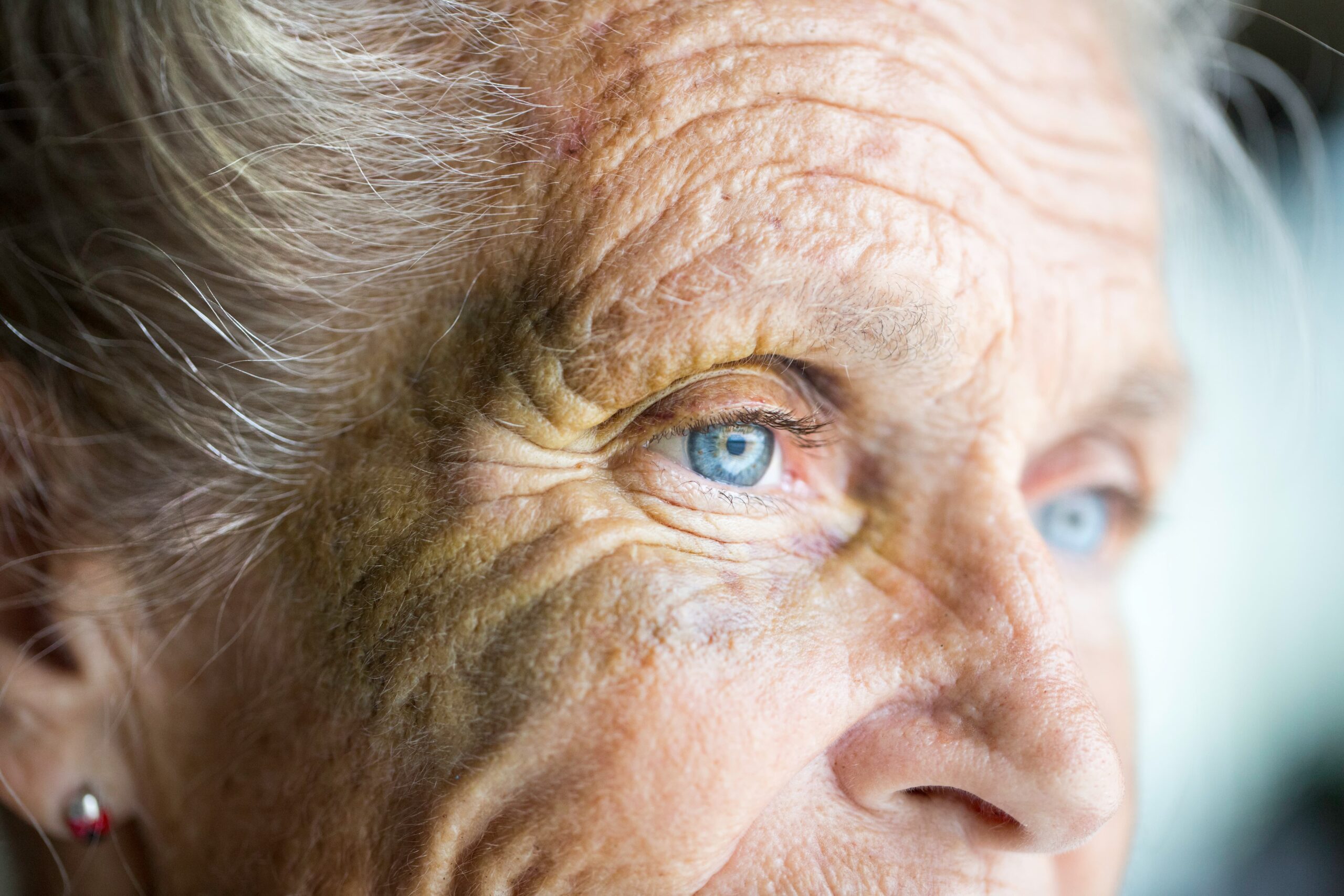Why Nursing Home Errors Result in Wrongful Death
In the United States, more than 1.4 million adults older than 65 live in a nursing home, according to the U.S. Centers for Disease Control and Prevention (CDC). This number is predicted to rise to about 3 million by 2030 as an aging population lives longer. With the rise in an aging population, abuse against seniors, which may lead to wrongful death, is also on the rise. In fact, a recent study revealed that more than half of the claims against nursing homes nationwide involved deaths. In the case of nursing home wrongful death suits, these are lawsuits that are filed when a person died due to the actions or negligence of a nursing home and its staff. Wrongful death lawsuits are like personal injury suits, except the person who was injured is unable to sue because they died. In these situations, courts allow certain family members the opportunity to sue in place of the injured party.
While elderly patients can die from dehydration, malnutrition, or other abuse or neglect, three common nursing home injuries are most likely to result in wrongful death.
- Falls. The CDC reports that every year nearly three-quarters of nursing home residents fall, some more often that once per year. And these falls cause about 1,800 deaths among nursing residents every year. While many falls are the results of an accident, others are the result of poor patient supervision, neglect, or reckless behavior that can cause a wrongful death.
- Bedsores. More formally known as pressure ulcers, bedsores develop when a patient remains in one position too long, which puts pressure on the skin. These sores are most commonly found on the heels, ankles, hips, and tailbones. Left untreated, bedsores can result in infected abscesses and necrotic (or dead) tissue, which put the patient at risk for death. Since bedsores are preventable with proper care and attention, if your loved one is developing bedsores, it may be a sign that the nursing home staff is neglecting its duties or not providing the appropriate level of care.
- Overdose or Improper Medication. Inexperienced or inattentive nursing home staff can cause an overdose or even give the wrong medication to a patient. According to the Society for Post-Acute and Long-Term Care Medicine, at least 50 percent of adverse drug events are caused by errors. With many nursing home patients taking as many as nine different medications at any time, the possibility of life-threatening error becomes even greater.
In any of these situations, when a person files a wrongful death claim, that person must prove that the deceased party has died as a direct result of the negligent, reckless or the illegal conduct of another person. In addition, one must be able to establish that the financial compensation, or damages, being sought are the direct result of the wrongful death.
If you suspect that you or someone you love was the victim of a wrongful death, please contact an experienced Denver wrongful death lawyer to discuss your situation and help you understand your rights in a wrongful death claim.






